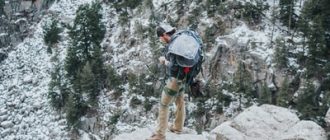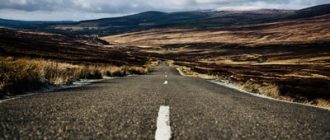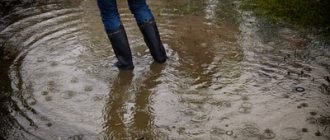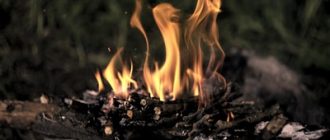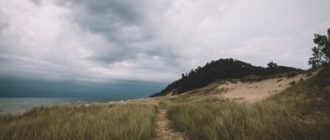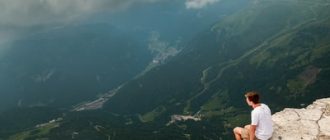
Often times we will go on a hike and not remember to bring along a compass or map. You don’t want to find yourself off course. Especially if you’re not familiar with the area or don’t know much about it.
Here are a few tips for you to remember when you’re hiking and to remind you to bring along a compass and map.
1. Never, ever, rely completely on your compass. Use it in conjunction with a map. Always CT mapping available.
2. reading world maps and going to the GPS store can be a little overwhelming for beginners. It is a good idea to go to a store where they have all the information that you could possibly ever need.
3. The best advice for learning how to use a compass for hiking and/or camping is to practice. Practice at home or in your kitchen. Using a compass so that you know what you are doing on your next hike.
4. World maps and topographical maps are two of the most useful and reputable ways to become familiar with a location. World maps are more definitive in terms of information and don’t assume that everyone knows how to read a map. Most topographical maps have symbols which will help you to relate it to your location in the world.
5. Please be aware of the fact that maps are labeled according to thereesasure. Which is the most accurate way of mapping a place in terms of lines of longitude and latitude.
6. Want to know the shortest distance from north to south in miles? It is easy to figure out by measuring the area of your map in inches. There are far more accurate ways of measuring distance without a map that involvelier elements.
7. Want to know which direction you need to face to be found walking in the same direction? All you have to do is visualize yourself walking in the direction you wish to walk.
8. Need to know how long it takes your GPS to return to you after walking in the wrong direction? You can get your gps accurate to within one mile per hour. So be aware of the fact that a lot of maps including most hiking maps, don’t usually consider this.
9. Know what the temperature level at the place you want to hike is? Things happens quick when you get out of your car in the middle of the night. The temperature can change rapidly and before you know it you are back to walking in the opposite direction.
10. If you plan to go hiking beyond the lightening speed limit, you should consider the effects on your body if you decide to go way beyond that. It is better to wait until you have already been to the limit before going any further.
11. Yeah, hiking in the mountains can be pretty dangerous. If you hear about people getting lost or some kind of sickness, it is imperative that you know what your chances are of catching whatever it is that is causing all the problems.
12. Your best bet is probably to avoid mountain climbing altogether. It is a dangerous sport regardless of how good you are but there is always the possibility of getting injured regardless.
13. You probably don’t think about things like rain when you are hiking but dehydration can be a big issue you have to be aware of. Sometimes it is easy to become dehydrated especially on a hot sunny day but it is not so easy to go out in the middle of nowhere and start sweating.
14. Also when you are out in the middle of nowhere, make sure you have told all your companions, no matter how far away, where you plan to be. That way if something happens and they all go to different places at different times, you can all get together and try to find each other, preferably somewhere that no one has been to that could be a new location for all of you to find each other.
15. Make sure you have told people where you plan to be in addition to how long you will be gone. Many lost people have been found alive but just in cases where they did not leave a ticket or something that would alert others of their location they might still be found.
16. Be keepable even if you are not. One of the most important things is to have a plan in the event that you might get lost or ill. Make sure you have a way to contact someone in case you are lost or get separated from your group.
17. Bring flashlights or lanterns for the middle of the night and down in the caves or on the mountains.
18. Be prepared for storms and the like. If you are going to be out in the open it is important to have some kind of light source, you can’t count on the sun being out.
19. Take your garbage with you. It will get disposed of and we do not want to have to pay for the trash at the rest stop along the way.

